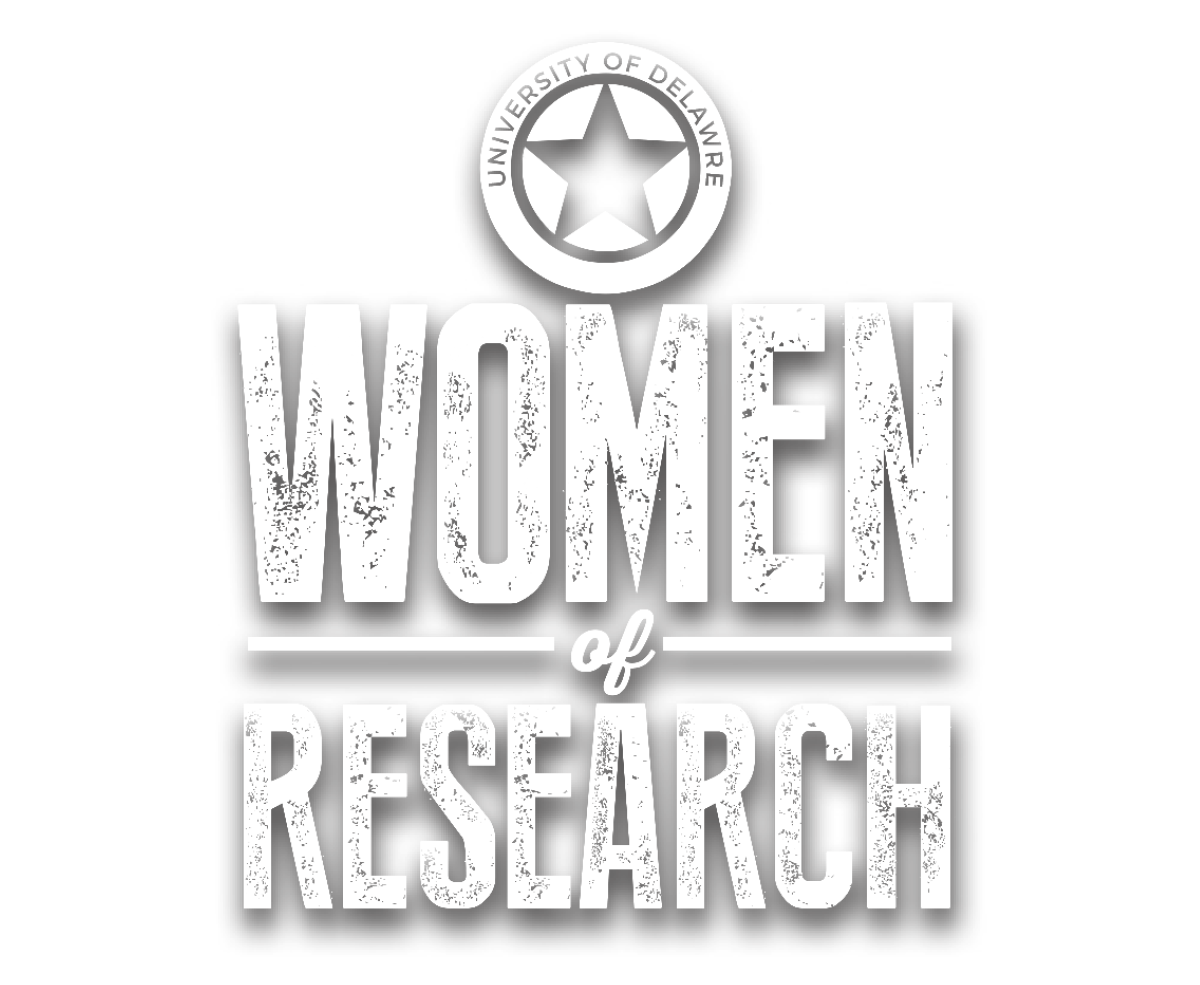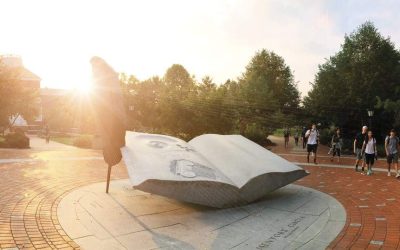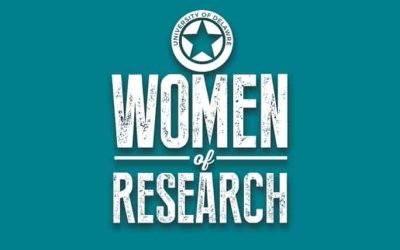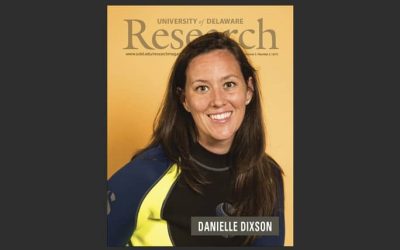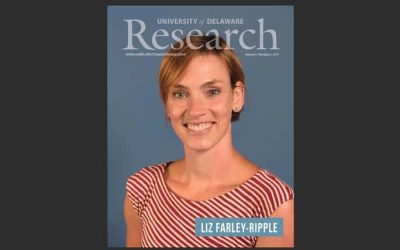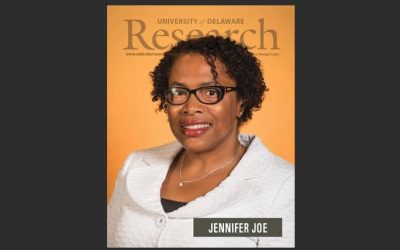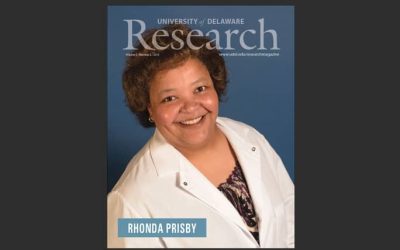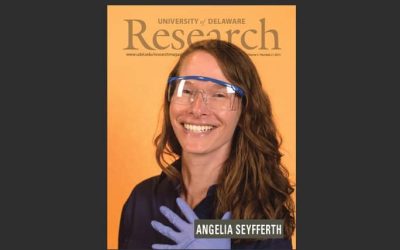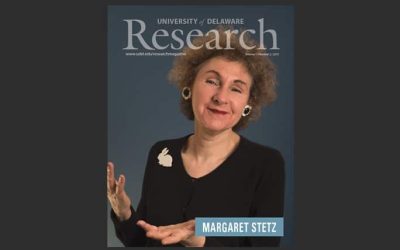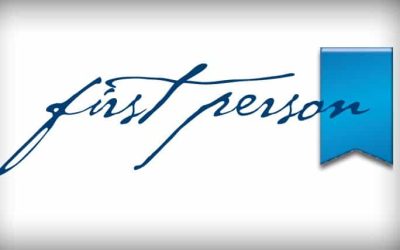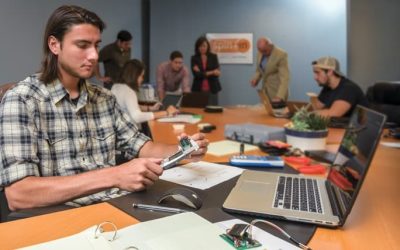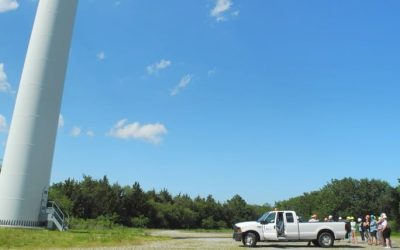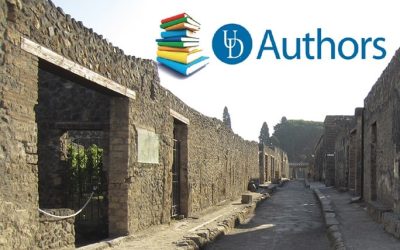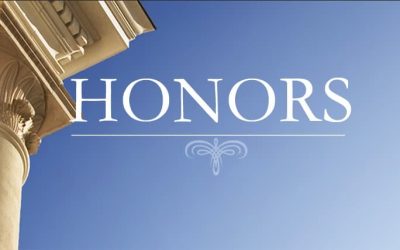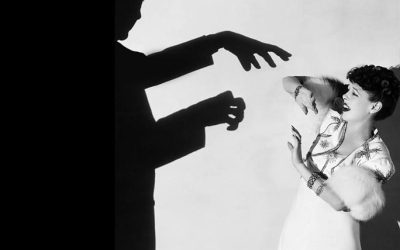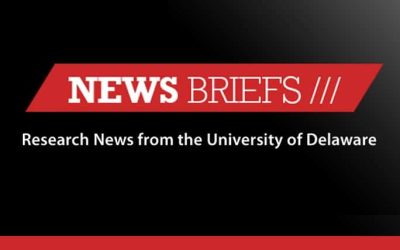
Armed with a Ph.D. in plant pathology and a postdoc in molecular biology, she followed her husband on a job move to Tyler, Texas, in the mid-1980s, but was unable to land a good faculty position there.
“I didn’t want to be a postdoc forever,” she says, “so I decided to get more education instead.”
Earning a master’s degree in computer science, with her research focused on the use of artificial neural networks to classify proteins, Wu unknowingly positioned herself to be a pioneer in a field that hadn’t yet been named.
“It’s not as if I knew 25 or 30 years ago that the combination of biology and computer science allows you to do all kinds of cool things,” she says.
That serendipitous choice opened the doors to joint appointments at the University of Texas–Tyler and the UT Health Center while also forming the foundation for the advice she gives to those she mentors.
“I tell them not to worry too much about a career path,” she says. “If you’re passionate about what you do and you do it really well, the path will present itself.”
Wu, who is now the Unidel Edward G. Jefferson Chair of Bioinformatics and Computational Biology at the University of Delaware, also emphasizes the importance of putting in energy and effort to create the solid foundation needed for creativity in the future.
“It’s not just about quickly getting an advanced degree and then moving on,” she says. “When I started working on my master’s, I had very little background in computer science, so I took several undergraduate courses that weren’t required so that I could learn as much as possible.”
With the Human Genome Project launched in 1990 to sequence the DNA in human cells, Wu had the right background at the right time to become a pioneer in a field that uses computer science tools to make sense of massive amounts of biological data. Today, the Protein Information Resource (PIR) and Universal Protein Resource (UniProt) databases she oversees, with over 4 million page views a month, are helping the world decode human disease, pinpoint desirable traits in plants and much more.
Although Wu says she never consciously thought about what she needed to do to excel as a woman in science, she is active in efforts to mentor young women and provide them with networking opportunities.
She is also an advocate for the field that helped shape her career.
“I would like more young women to see the potential for computer science to add a skillset and tools to complement their expertise in other fields,” she says.

TRUE INSPIRATION
Cathy Wu’s father—and especially one of his many letters—inspired her to pursue her master’s and doctoral degrees and fulfill her full potential as a researcher. She never looked back.
MORE STORIES
ADVANCE-ing UD
Seven faculty members are highlighted in this issue of UD Research. Indeed, there are commonalities among them—a steadfast commitment to excellence, unrelenting intellectual curiosity, mentors and role models who inspire, and a disdain for the status quo. I encourage you to read their stories to learn about their inspirations, the challenges they have faced and the scope and quality of their scholarly endeavors.
Women of Research
Extraordinary research is underway at the University of Delaware, and women are all over it. We profile seven researchers who offer insight into their work—from coral reefs to corporations—what hurdles they have cleared and what keeps them moving forward.
Danielle Dixson
A chance encounter with a tour guide at the Shedd Aquarium in Chicago is what sparked Minnesota native Danielle Dixson’s interest in marine biology. “I was 5 years old and the guide gave me a book for asking a clever question about whales,” she says.
Liz Farley-Ripple
Elizabeth Farley-Ripple did not set out to become an education researcher. As an undergraduate at Georgetown University, she started out majoring in Latin American Studies. Then came Professor Bill McDonald’s sociology course focusing on research methods. “I had an aha moment,” says Farley-Ripple. “I realized I could have an impact—and actually apply the ideas I had been reading about.”
Jennifer Joe
Jennifer Joe, the Whitney Family Professor of Accounting in the Alfred Lerner College of Business and Economics, attributes positive experiences with her professors in college as the impetus for her pursuit of an academic career.
Rhonda Prisby
Rhonda Prisby had a plan for her master’s degree in exercise physiology. She expected to work in a cardiac rehabilitation clinic. Then a professor mentioned something she hadn’t considered—her potential as a researcher.
Angelia Seyfferth
Having had the chance to conduct research taking water samples on the Chesapeake Bay early in her undergraduate studies, Angelia Seyfferth, assistant professor in the Department of Plant and Soil Sciences, is hoping to pass her enthusiasm for research to young scholars in her lab.
Margaret Stetz
As a scholar with diverse interests from 19th-century British literature to military history and fashion studies, and who shares her work in a variety of academic and community forums, Margaret D. Stetz might be expected to have difficulty summarizing what she does.
Never underestimate the power of good mentoring
A few years ago, a newly hired female faculty member had the following experience: A male colleague responded to her hallway greeting by saying hello and adding, “I hope everyone is making you feel welcome.”
Spin in spins out innovation
The University of Delaware’s “Spin In” program, founded, managed and trademarked by the Office of Economic Innovation and Partnerships, connects University undergraduate students with community entrepreneurs and early-stage startups to give them an inside look at business innovation in action and a chance to apply what they’re learning in real-life situations.
Making it clear
For the past three years, almost 90 educators from around Delaware and Maryland have been working with scientists and environmental experts from the University of Delaware and the University of Maryland. The goal is to develop a richer understanding of climate change and build effective activities and instruction plans to help their students understand the data and find potential solutions.
Solar Strong
The vast majority of the sun’s extraordinary power remains out of reach—absorbed, deflected or otherwise inaccessible to today’s power-hungry masses—but University of Delaware researchers continue their quest to capture more, store more and deploy it more efficiently.
Slaves’ lives emerge from ancient ruins
“Detfri slave of Herennius Sattius” and “Amica slave of Herennius” reads the terra-cotta tile. It was discovered atop the ancient temple in Pietrabbondante, a town tucked into the bare rock and evergreen-covered mountains more than 100 miles east of Rome.
Honors
• Dugan named Truman Scholar
• Overby elected to board of Oak Ridge consortium
• Backbone of the profession
Fearsome Fridays
Tom Fernsler, “Dr. 13,” now retired from the Delaware Center for Teacher Education, knows a lot about Friday the 13th. Do you? Take our quiz and find out!
News Briefs
• Changing the color of light
• What’s it really mean if a CEO is greedy?
• Research All-Stars field new findings




